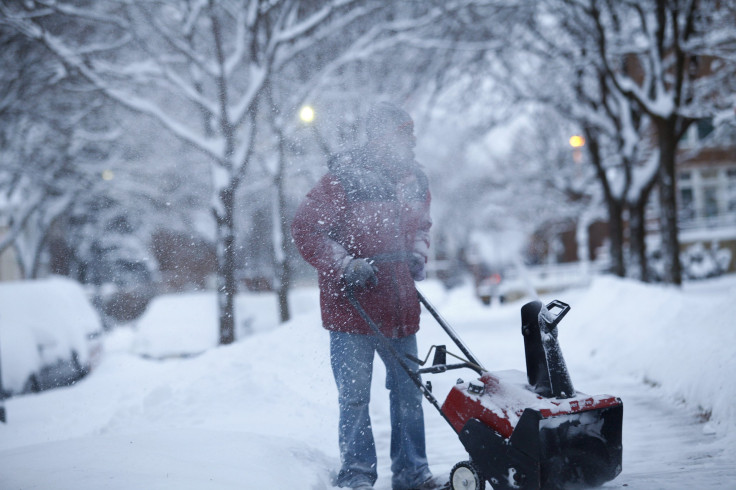Scientist Warns Of Mini Ice Age As Sun Hibernates During Solar Minimum

KEY POINTS
- The solar minimum is part of the Sun's solar cycle
- The Grand Solar Minimum could last for three decades
- Earth could experience a mini ice age during the Sun's hibernation
An expert warned that Earth might experience a mini ice age when the Sun hibernates due to its solar minimum cycle. According to the expert, the Sun’s hibernation and extremely cold weather could last for over three decades.
The solar minimum is a period in the Sun’s solar cycle that occurs every 11 years. During the solar minimum, sunspots on the Sun’s surface diminishes, leading to a weaker output from the massive star. On the other hand, during a solar maximum, the Sun emits more energy as its sunspots increase.
According to Valentina Zharkhova, a professor at Northumbria University’s department of mathematics, physics and electrical engineering, the Sun is about to enter a Grand Solar Minimum this year, which is like an extended version of the solar minimum. Instead of lasting for only a couple of years, the Grand Solar Minimum could extend for 33 years.
When this happens, the professor said Earth could experience a global drop in temperature by one degrees Celsius, which is already enough to cause severe weather conditions.
“The Sun is approaching a hibernation period,” she said according to Express. “Less sunspots will be formed on the solar surface and thus less energy and radiation will be emitted towards the planets and the Earth.”
“The reduction in temperature will result in cold weathers on Earth, wet and cold summers, cold and wet winters,” she added. “We will possibly get big frosts as is happening now in Canada where they see [temperatures] of -50C.”
According to data collected by NASA, the last time a Grand Solar Minimum occurred was in 1650, which lasted up to 1710. During this period, the Sun entered a phase known as Maunder Minimum, which was characterized by a decrease in the star’s brightness.
Due to the Sun’s diminished activity, various regions on Earth such as North America and Europe went into deep freeze, causing icy features such as glaciers to grow and expand. The extremely cold weather also caused a few rivers, lakes and other large bodies of water to freeze.
Aside from health problems caused by cold temperatures, parts of Earth also experienced food shortages due to the weather.
“We can only hope that the mini ice age will not be as severe as it was during the Maunder Minimum,” Zharkova stated.
© Copyright IBTimes 2024. All rights reserved.





















